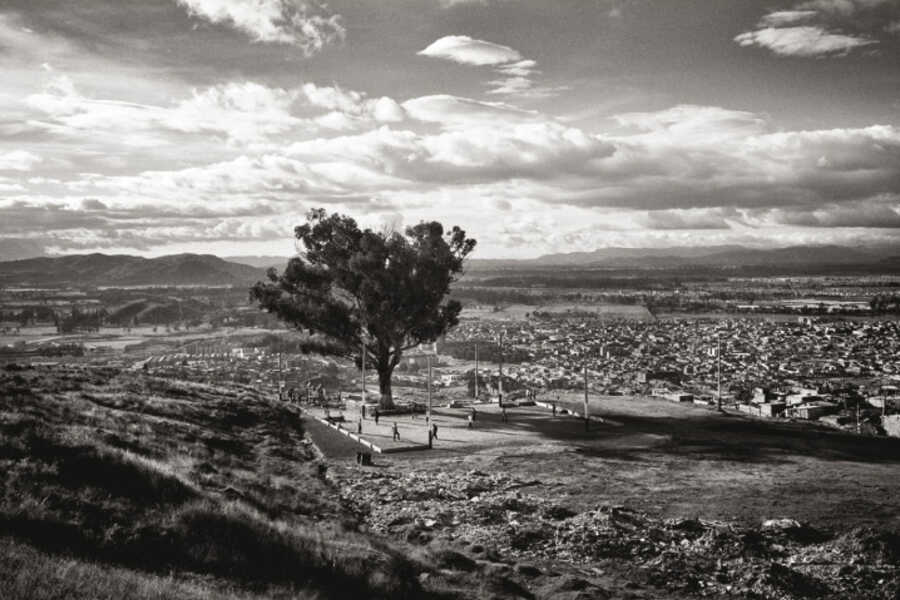The relation to our selves is undergoing serious change because networks are like mirrors and reflect the self image we have. But shared reflection with others seems to be more of a challenge because the performance of self in network environments does not allow for lingering and hesitation. As individuals we have grown accustomed to using media and networks all day long. None of us realizes that we are actually part of a grand global experiment in which human communication becomes dependent on digital data. The artistic research presented in this book suggests that in this new networked global society human dignity matters and that the concept of witnessing indeed inspires reflection about this.
When we hear a step in the doorway, we imagine a person entering our home. When we hear a laugh in the distance, we imagine how our loved one is in joy. When we remember and create each other’s presence our imagination fuels our mind. And when we think about the children to come, we need all the imagination we have to develop participatory systems and structures in which children can live together, full of imagination, witnessing each other and negotiating trust and truth in friendly ways. We need all the imagination of the world for the planet and our own witnessed presence to survive.


